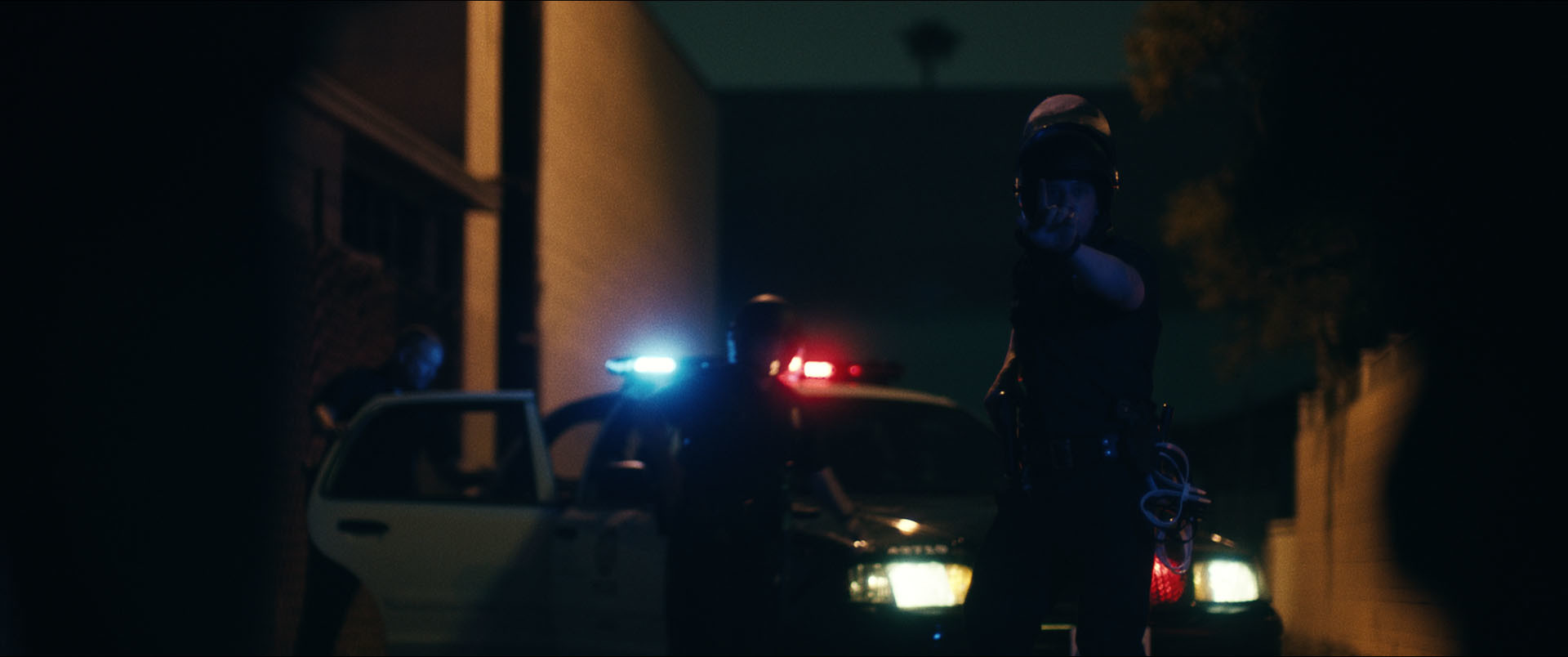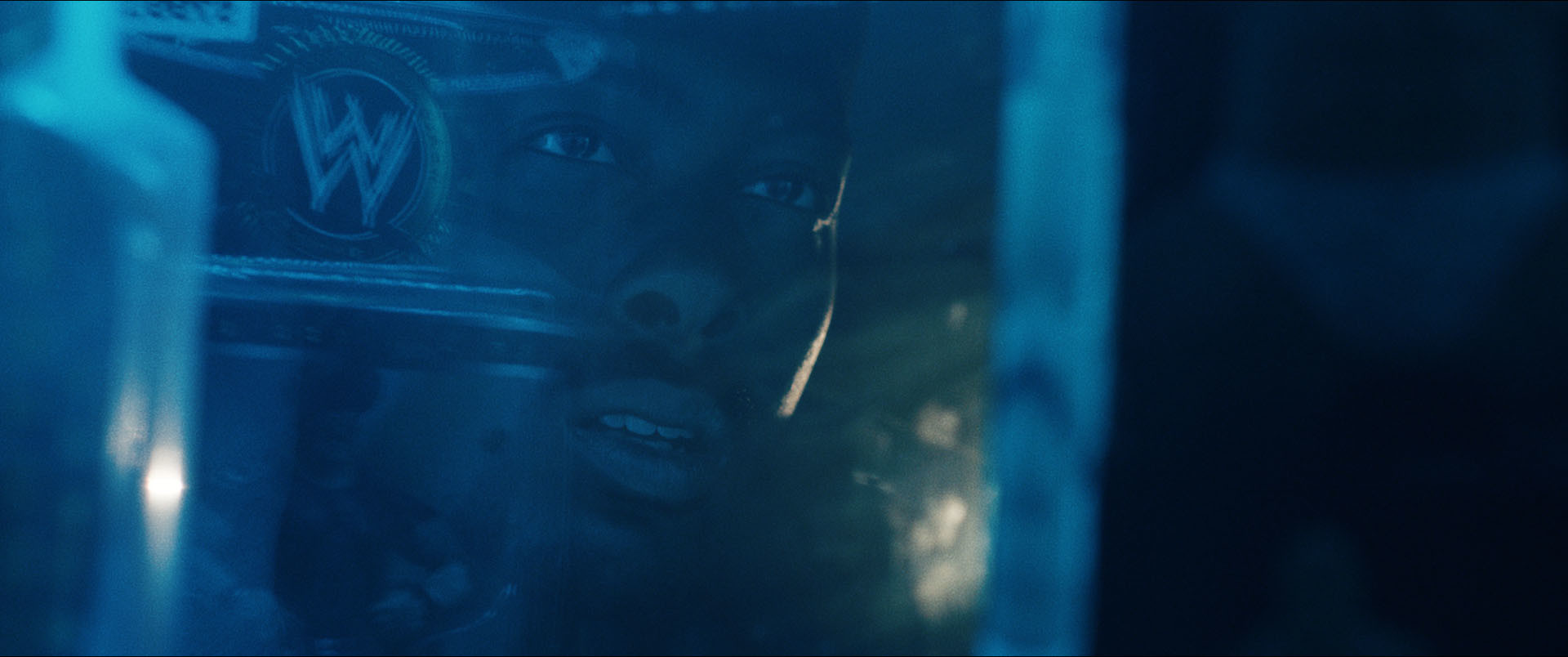On the background of the protests and increasing police violence against black citizens, four young boys rob a comic book store. The need of rebelling and specific form of showing dissatisfaction evokes in protests and demonstrations on the Los Angeles streets. Racism and all the abuse from the police just cannot do without any reaction from the society. And the youth does not remain idle. They just are tired of the endless repetition of this subject while it changes nothing at all. Humans die, people come out to the streets. But does it make any sense? Is it possible to make it better? A growing need for rebellion has been born in the minds of the teenage protagonists of the film “ANT”, and it does not always lead to the right actions.

In the opening scene we see a group of the running away boys. One of them blames the initiator of this whole project for the failed hit. Well, what can they do with that? If there’s no loots, it’s time to go home. During the riots on the streets it is very easy to find yourself in a wrong place and time, and those characters are the proof for that. The director introduces the narrator just after the opening scene in order to be able to go back to the previous incidents and explain the background and the context of the whole plot along the way. This procedure is often used in gangster movies, like for example in the iconic “Goodfellas” by Martin Scorsese. The plan for the break-in is rather easy and perfectly explains the lack of experience when characters encounter an unexpected obstacle. Together with them, we sneak into the Marvel’s fan comic book store. After the initial disappointment, it turns out that there is one truly valuable thing in there. By the way, the place hides other interesting gadgets, which could have been useful. Therefore, the robbery changes into a fun getaway with the boys, where opportunity doesn’t make a thief, yet reveals the four protagonists’ child-like imagination. But you just can’t always get away with simple playfulness.

The Meyer’s short film takes only 13 minutes and is played out quite dynamically. The action is compact and suspenseful without a moment for any longer exchange between the characters. The subject matter was presented quite simply, without any doubts. The actions of the teens are motivated by the lack of future perspective. The disbelief in the legal way of improvement of the situation. This form presents us an obvious problem, but the protagonists’ pettiness can also overshadow the director’s intentions.
Michał Częstochowski
Translation: Patrycja Morawska
